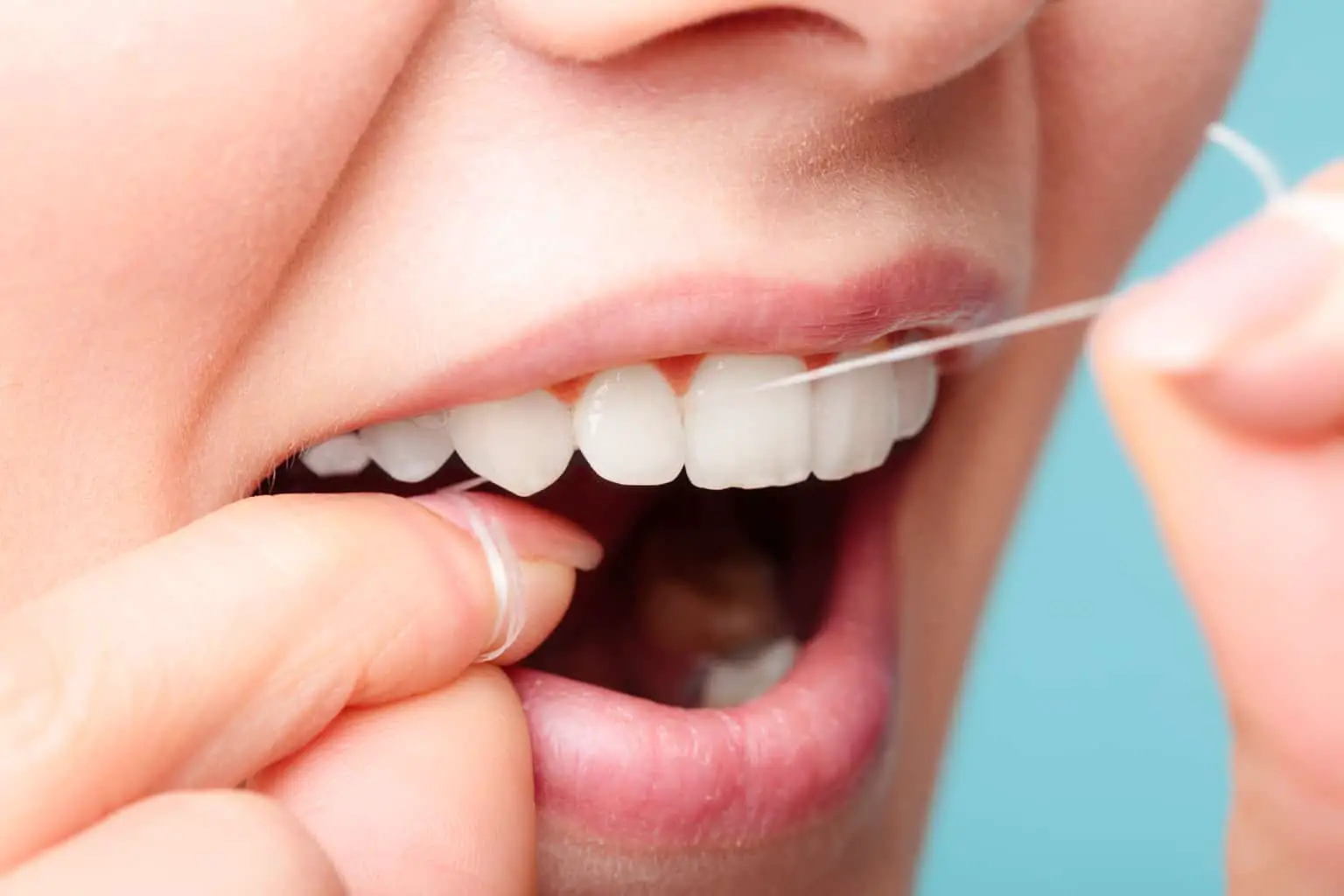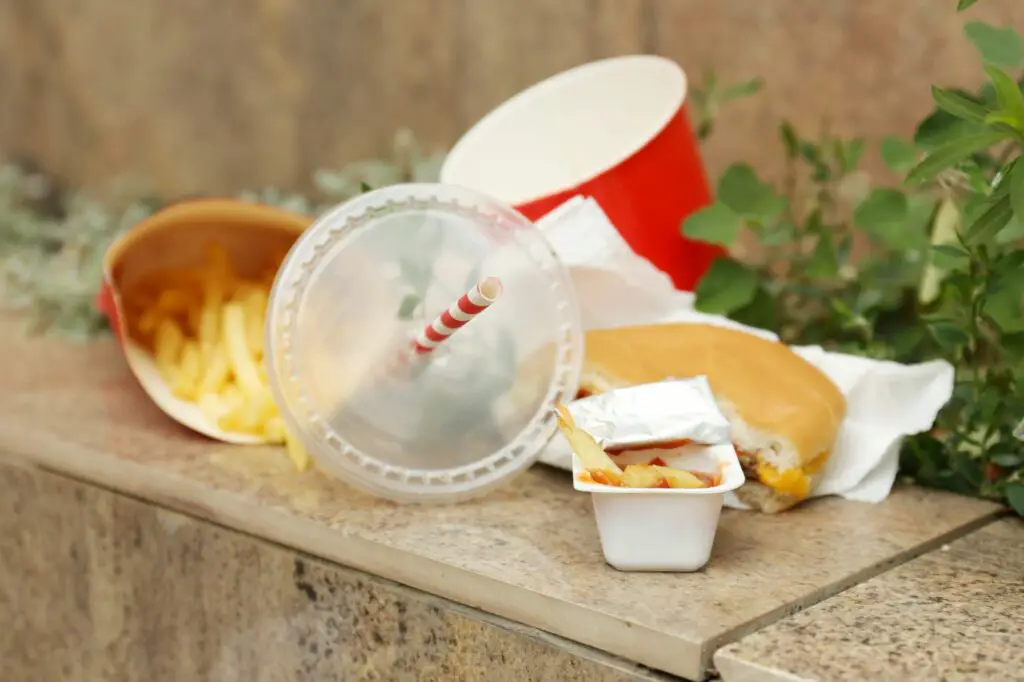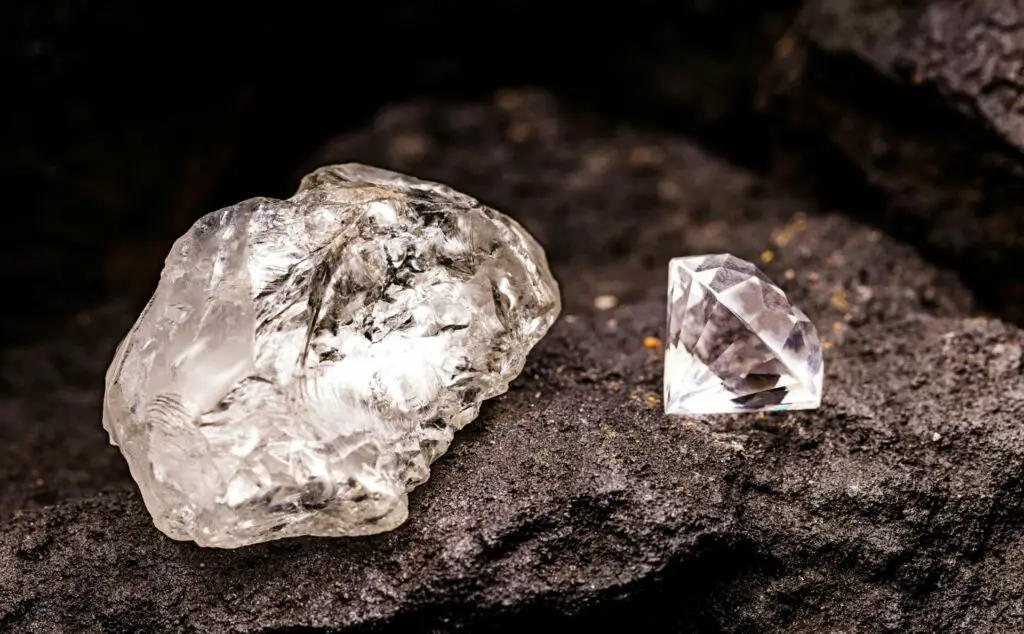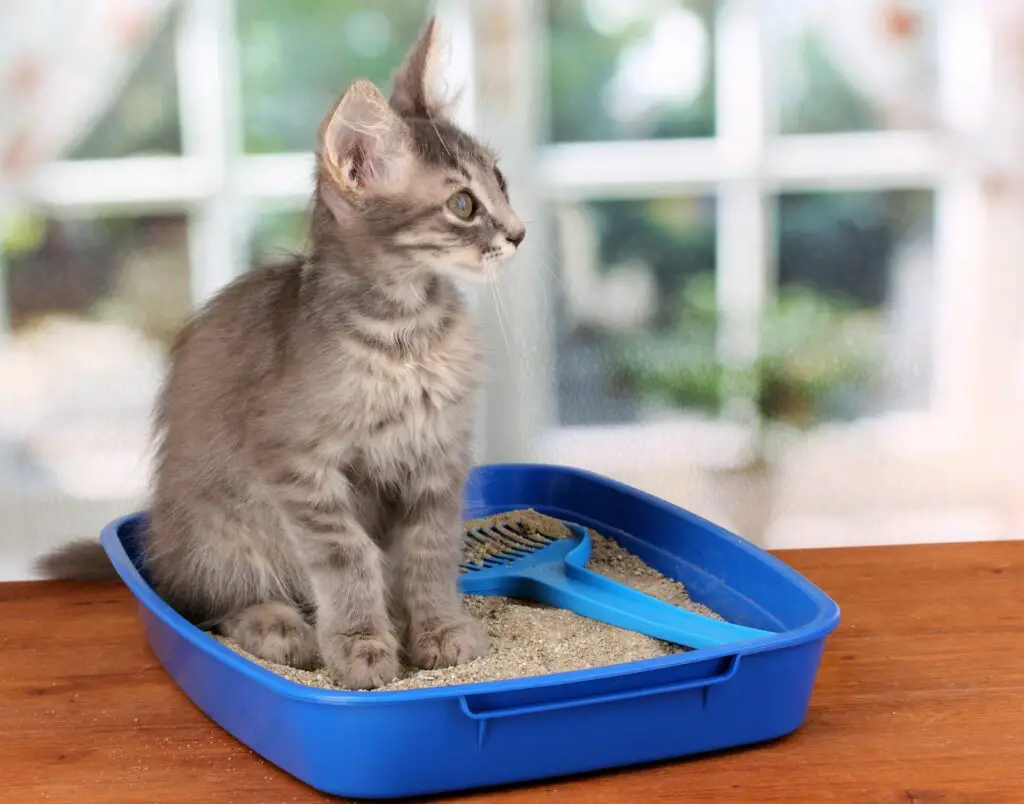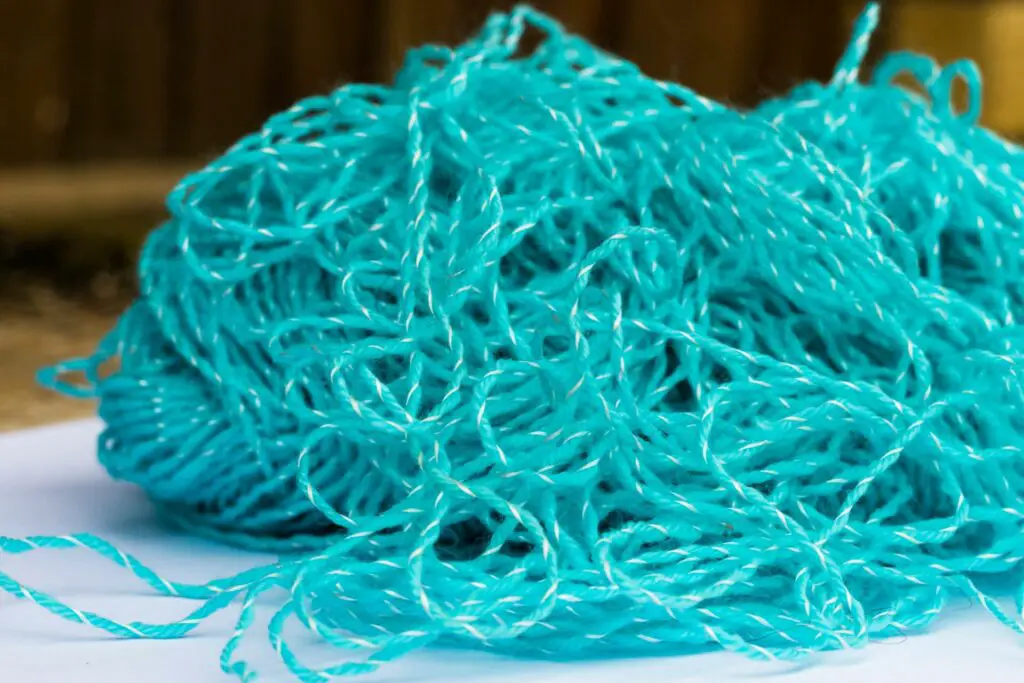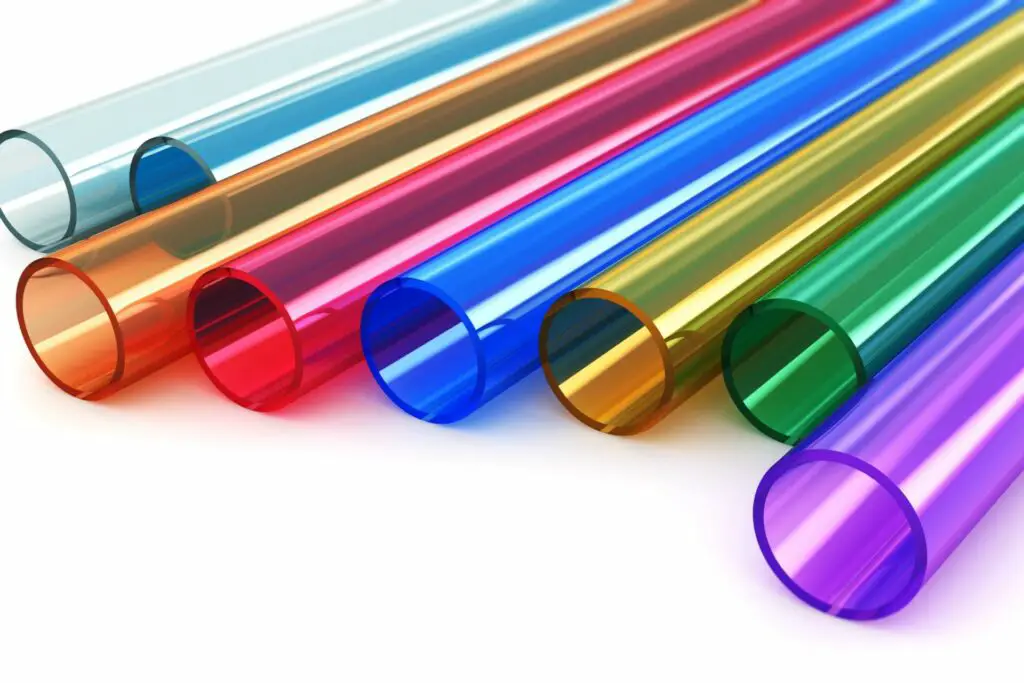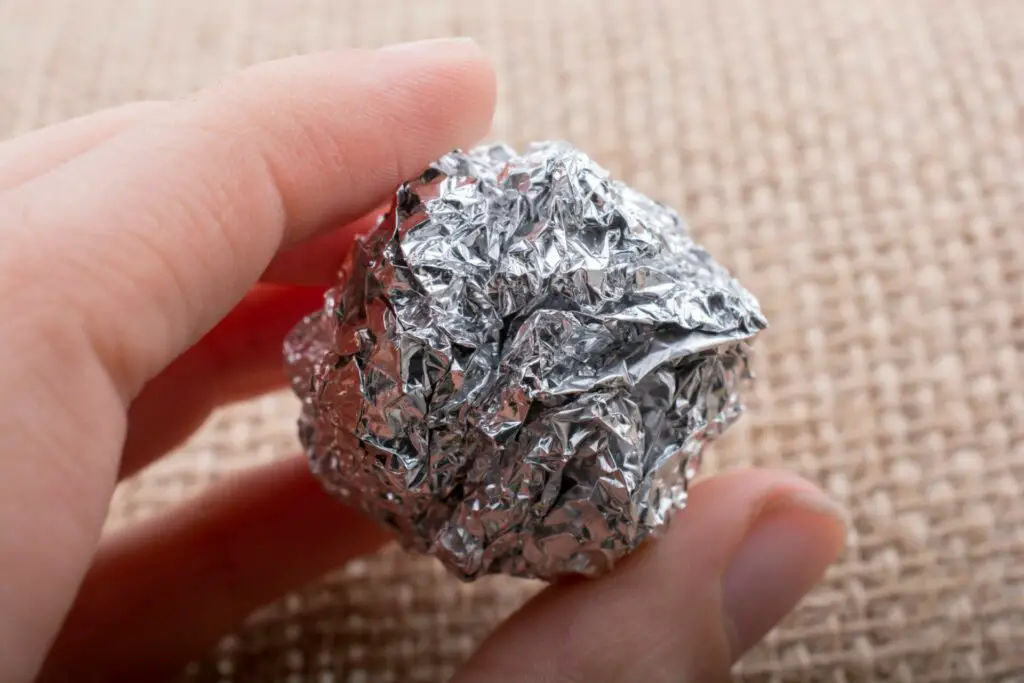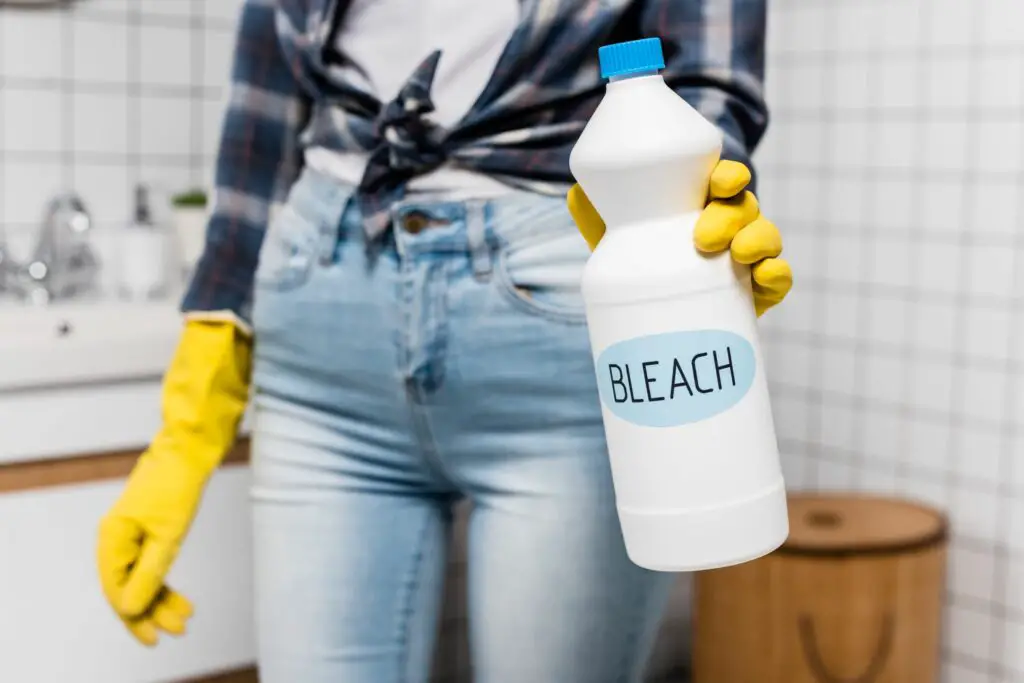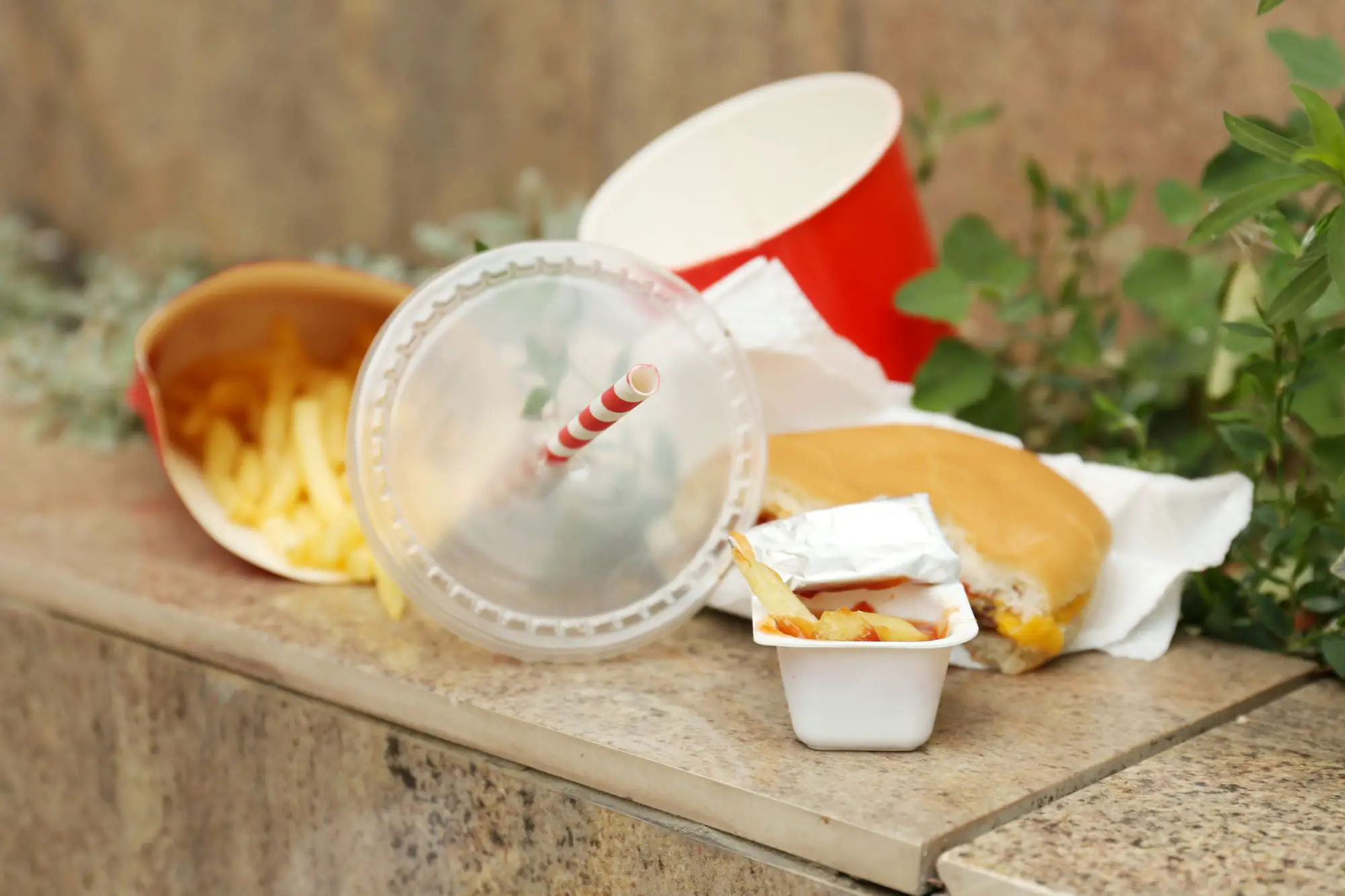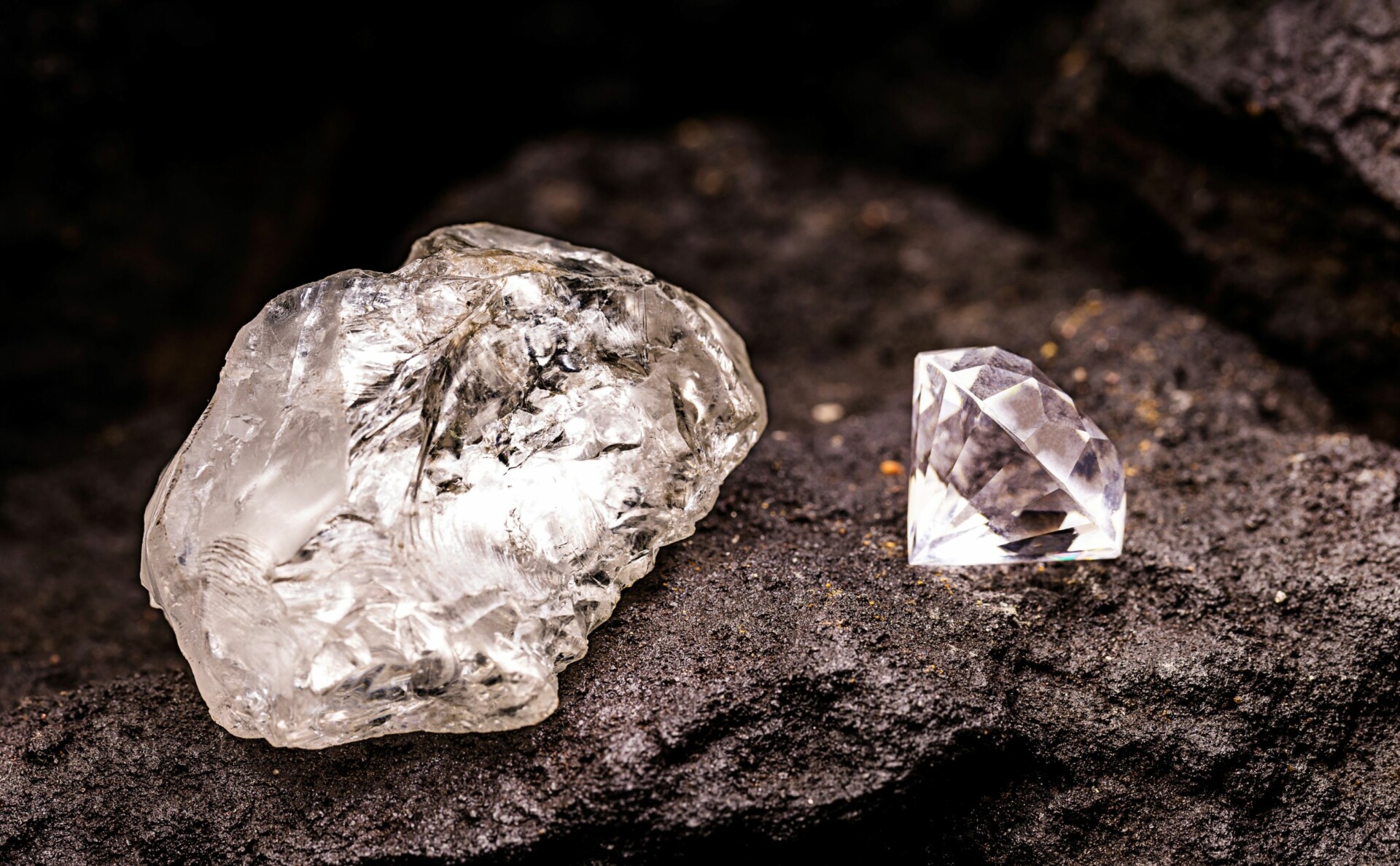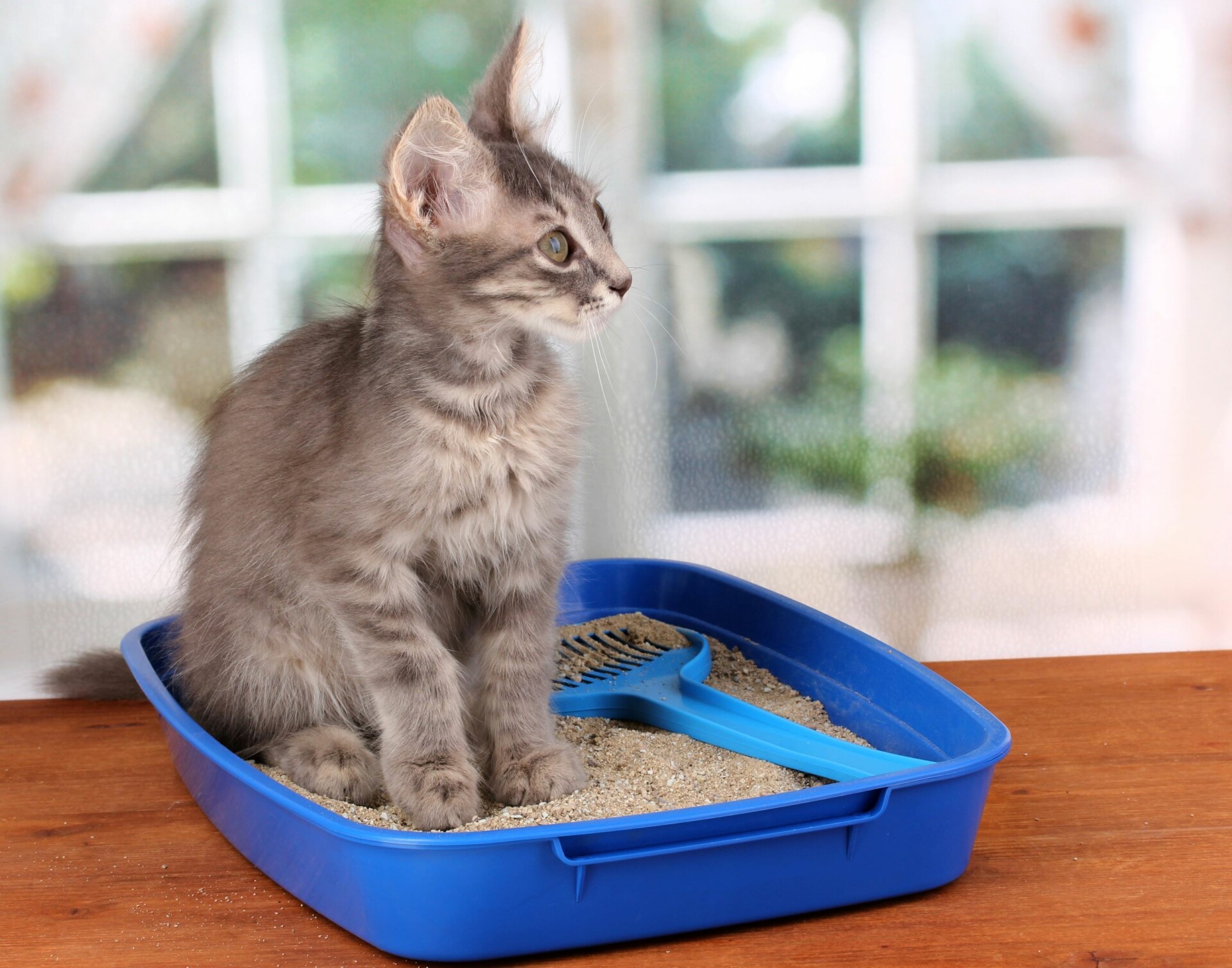They take up very little room in your bathroom cabinet, but did you know those little spools of floss are a health as well as an environmental hazard?
We tend to think of flossing as a healthy habit, but recent studies have found that conventional flosses contain harmful chemicals like fluorine that may be leaching into our bodies.
Should you be worried about your daily dental care routine and what it may be doing to your health?
In this article, we’ll look at what the science has shown us thus far, and tell you about alternative, eco-friendly and healthy dental flosses you may want to give a try.
Why Even Bother Flossing?
Before we even get into the details about great alternatives to harmful regular dental floss, let’s talk about the elephant in the room first.
After all, if you don’t understand how important flossing actually is, you probably won’t feel the urge to floss (more often). Eco-friendly or not.
The thing is, most people don’t realize that flossing is actually even more important than brushing. In fact:
Surprising, right?
But it’s true, that statement comes straight from the horse’s mouth – more specifically, from Ann Laurent, DDS (Doctor of Dental Surgery) in Louisiana.
Obviously, it’s not an either-or scenario. Good oral hygiene requires both, regular brushing and interdental cleaning.
But that statement reveals a little-known truth: the area between your teeth and gums account for 35% of plaque concentration, which consists of harmful bacteria. Your toothbrush doesn’t reach those areas.
Only flossing can remove plaque from these hard-to-reach spots, which actually harbor the most destructive bacteria colonies.
If left unchecked, you are very likely to develop gingivitis, periodontitis and other nasty and dangerous conditions.
Flossing Is Crucial For Good Oral Hygiene
Gum conditions like gingivitis and periodontitis are no simple matters.
Did you know they can both lead to serious health issues throughout your body?
It’s true. If you don’t properly brush and floss, the bacteria in your mouth increase and your immune system responds in the form of inflammation. Over time, this can lead to a breakdown in your teeth, gums, and jawbone.
And research has found a link between periodontitis and other diseases such as Alzheimer’s and diabetes.
To avoid gum and tooth disease, it’s important to maintain good oral health. Cleaning the spaces between your teeth helps remove debris and dental plaque.
But what if flossing is really not my thing?
The most popular method is flossing, though if you’re like most people, you don’t do it as much as you need to, or as often as your dentist tells you to.
But now that you know the importance of it, here are three other interdental cleaning tools and methods you can use.
Floss picks
Some people find that floss picks or harps are easier for them to move between their teeth since they require less dexterity.
They have a pointed tip that acts as a toothpick, hence the tool’s name, and are designed for one-time use. Earth-friendly versions are made from corn-starch and come in biodegradable packaging.
Interdental brushes
Interdental brushes look like little bottle brushes and some dentists recommend them instead of or in addition to flossing. They come in different thicknesses and are available in models that work well with implants and braces.
While we don’t know of any eco-friendly versions, the most famous brand, TePe is produced using renewable energy.
Water flosser
A water flosser can be a good choice for people who don’t like to floss or who suffer from excessive bleeding from their gums, which regular flossing can irritate even further.
Waterpik is the best-known brand, but there are others available, and they all work by using power jets of water that clean interdental spaces of food and sticky plaque.
And although a water flosser is a bit more expensive initially, it is actually the most economical option when considered over a longer period (since it is a one-time investment).
That makes it also a fairly eco-friendly option since it doesn’t generate waste on a daily basis (compared to dental picks or brushes).
No matter which method you choose, make sure cleaning the areas between your teeth is part of your daily routine. Good oral hygiene gives you a fresher, healthier mouth and brighter smile.
The Problem with Regular Floss
Most regular floss is made from the plastic known as nylon, a non-biodegradable, petroleum-based material that can cause a lot of problems. In other words, it’s not exactly a poster child for eco-friendliness.
Environmental Impact Of Regular Plastic Floss
Being a plastic product, regular floss comes with all the well-known downsides and hazards of plastics.
Since nylon floss is virtually impossible to recycle, it ends up in incineration plants which pollute our air, or in landfills, where it turns into microplastics and its particles pollute the soil and groundwater.
And just like the nylon thread itself, the packaging floss comes in is typically non-biodegradable plastic waste, which means more plastic waste.
Plastic Floss Is A Marine Hazard
In water, plastic chokes ponds, rivers, and oceans and is a danger to marine life. Especially the very sturdy threads of dental floss tend to entangle, injure or even kill marine animals and sea birds.
Sewer systems, too, become backed up with discarded plastic floss along with other waste (like wet wipes) that eventually make their way to natural water sources.
Human Health Dangers Of Regular Floss
The impact plastic is having at every stage of its life cycle on human health is well documented.
Studies found that the plastic thread and the wax coating that most traditional floss is made with may contain PFCs (per- and polyfluorinated chemicals that are also used in non-stick pans) as well as phthalates, BPA, lead, cadmium, and other toxic chemicals.
The flavor formulas used in conventional flosses may also contain additives you want to avoid.
Silk And Bamboo Floss As Safe & Environmentally-Friendly Alternatives
The good news is that the floss industry is slowly changing and there are more eco-friendly and healthy options becoming readily available.
The two most popular versions are made from silk and bamboo. Both are biodegradable and chemical free, making them great alternatives to nylon products.
Silk or bamboo – which one is right for me?
Ironically, floss was originally made from silk fibers before manufacturers switched to nylon and other plastics.
Silk is a natural material and most silk flosses on the market today don’t contain PFCs but instead use plant-based candelilla wax, a safe, vegan alternative to beeswax.
Sadly, a major downside to silk floss is that it isn’t fully vegan, because the silkworms need to be killed for the silk harvesting (exception: we found one brand that offers silk floss without killing or harming the silkworms, as you’ll see in a moment).
Bamboo dental flosses contain no preservatives, gluten, artificial colors, or sweeteners, though some manufacturers add peppermint or essential oils.
Bamboo floss is also free of the potentially harmful wax mentioned earlier which is used in many nylon flosses.
Most also contain activated charcoal, a popular new ingredient which is also found in many conventional dental and other health and beauty products.
While the science is still out on whether it makes a difference, activated charcoal is considered safe and is believed to improve the binding properties of the floss when capturing mouth debris.
So whether you choose silk or bamboo floss is mainly a question of personal preference and whether or not using a completely vegan floss is a priority for you.
Either way, both are great environmentally friendly alternatives to regular nylon floss since they are made from natural, biodegradable materials.
That is also the reason why they are safe for your health since no chemicals will leach into your body – in contrast to the nylon thread or wax used in plastic floss.
6 Eco-Friendly, Biodegradable & Zero Waste Dental Floss
A number of companies who produce eco-friendly dental floss package it in small reusable glass bottles or metal canisters, helping to reduce waste.
While there may be some who don’t offer zero-waste versions, in this article we only recommend those who do. This helps to reduce your environmental footprint as much as possible.
If you’re ready to switch to a healthy and more earth-friendly dental floss, here are our top choices for you to try.
1. Wowe Natural Silk Floss
Available in both glass jar and stainless steel container versions, the silk in this 100% biodegradable floss is sustainably harvested and coated with natural candelilla wax and natural mint.
Wowe creates a range of natural lifestyle products and is committed to limiting waste and preserving natural resources.
The company is partnered with the non-profit OneTreePlanted and donates 1% of its sales to plant trees around the world.
2. Terra & Co. Vegan Bamboo Floss With Activated Charcoal
Made with vegan candelilla wax, bamboo fibers, coconut oil, and activated charcoal, this brilliant black dental floss effectively removes buildup between your teeth.
The naturally occurring anti-bacterial properties of charcoal work to keep your teeth and gums healthy. There are no synthetic fragrances, sweeteners, or artificial colorings, making it good for you and the earth.
Based in Los Angeles, Terra & Co. was founded by sisters Amra and Azra with a mission to create non-toxic and animal cruelty-free products. Their dedication to all things sustainable extends to their product packaging, which is also eco-friendly.
3. Georganics Natural Silk Floss (Cruelty-Free)
The British Company Georganics is one of the most recognized brands when it comes to all natural oral care and zero-waste products in the UK as well as across Europe.
What started out with the sale of natural toothpaste at London farmers markets quickly led to the expansion into many retailers and zero-waste stores (Wholefoods Market, Planet Organic and many others).
Driven by its mission to make completely natural and safe oral care products, Georganics does not use any chemicals or otherwise artificial ingredients.
This silk floss is sustainably sourced and comes in a plastic-free, reusable glass dispenser, which has a metal lid to easily cut the floss.
The dispenser can be refilled with their floss refills, which are also shipped in a zero-waste cardboard box package.
What makes this silk floss stand out is that it is actually cruelty-free, unlike pretty much all other silk floss brands. That’s because this Chinese Ahimsa Silk is only harvested after the silkworms have hatched and thus left the cocoon empty.
So if the treatment (i.e. killing) of silkworms has kept you from using silk floss so far, this is a great alternative.
The silk floss is coated with vegan candelilla wax and flavored with cardamom oil.
4. Lucky Teeth 100% organic bamboo fiber floss with activated charcoal
Plastic-free and biodegradable, this floss is made from bamboo fiber with activated charcoal.
It contains both organic tree oil that helps kill bacteria in your mouth and a mouth-cooling organic peppermint essential oil. Its antiviral and antibacterial properties also work to kill fungus and soothe away gum pain.
The floss resists fraying and is free from gluten, preservatives, artificial colorings, and sweeteners. The family-owned Lucky Teeth relies on organic ingredients for all its products, including toothpaste and mouthwash.
5. Dental Lace refillable dental floss
For the creators of Dental Lace, what started out as a mission to design a prettier floss container turned into a journey to eliminate plastic dental floss altogether.
The refillable glass container this dental floss comes in makes it a 99% zero waste product; take good care of it and it can last a lifetime.
The brand has something for everyone. One floss is made of 100% Mulberry silk and another is a vegan bamboo charcoal version.
Refill bags are compostable, and the boxes are constructed of 100% post-consumer paperboard.
6. Tevra vegan corn-based floss
This floss is, in fact, the only one among our recommended products which is not made from silk or bamboo – instead, it is made using natural corn.
Being made from corn (a popular biobased plastic alternative), it is another great alternative if you are looking for a vegan floss other than bamboo.
Tevra is based in London, UK, and its natural floss also ticks all the other important boxes. Being made from a plant-based material, it is completely biodegradable.
The product as well as its packaging are 100% plastic-free, which makes it a zero waste choice as well.
The 30 m long corn-thread comes in a refillable glass vial and is coated with vegan candelilla wax and flavored with natural mint and ginger for a fresh taste and breath.
Conclusion
Today it’s possible to keep your teeth and gums healthy while minimizing waste and protecting the planet.
Used together with safe and eco-friendly toothpaste, any one of these flosses is just what the dentist ordered for your greener, cleaner mouth.
You Might Also Like…
- Is Fast Food Bad for the Environment? (& What You Can Do)
- Is Fabric Softener Bad for the Environment? (+5 Eco-Friendly Options)
- Is Fuel Dumping Bad for the Environment? (& How Often It Happens)
- Is Electricity Generation Bad for the Environment? (What You Should Know)
- Is Dry Cleaning Bad for the Environment? (4 Surprising Facts)
- Is Diamond Mining Bad for the Environment? (Important Facts)
- Is DEET Bad for the Environment? 4 Effects (You Should Know)
- Is Cat Litter Bad for the Environment? (5 Common Questions)
- Is Burning Cardboard Bad for the Environment? (6 Facts)
- Is Burning Paper Bad for the Environment? (6 Surprising Facts)
- Is Burning Leaves Bad for the Environment? (7 Quick Facts)
- 4 Natural Cleaners for Quartz Countertops
- 6 Eco-Friendly Acrylic Paint Brands (For Sustainable Artists)
- 5 Eco-friendly Alternatives to Acrylic Paint (& How to Make Them)
- Is Acrylic Paint Bad for the Environment? (7 Quick Facts)
- Is Acrylic Yarn Bad for the Environment? 8 Crucial Facts
- Is Acrylic Bad for the Environment? (8 Quick Facts)
- Is Aluminum Foil Bad for the Environment? 7 Quick Facts
- Is Bleach Bad for the Environment? 6 Crucial Facts
- Is Lithium Mining Bad for the Environment? 6 Crucial Facts

